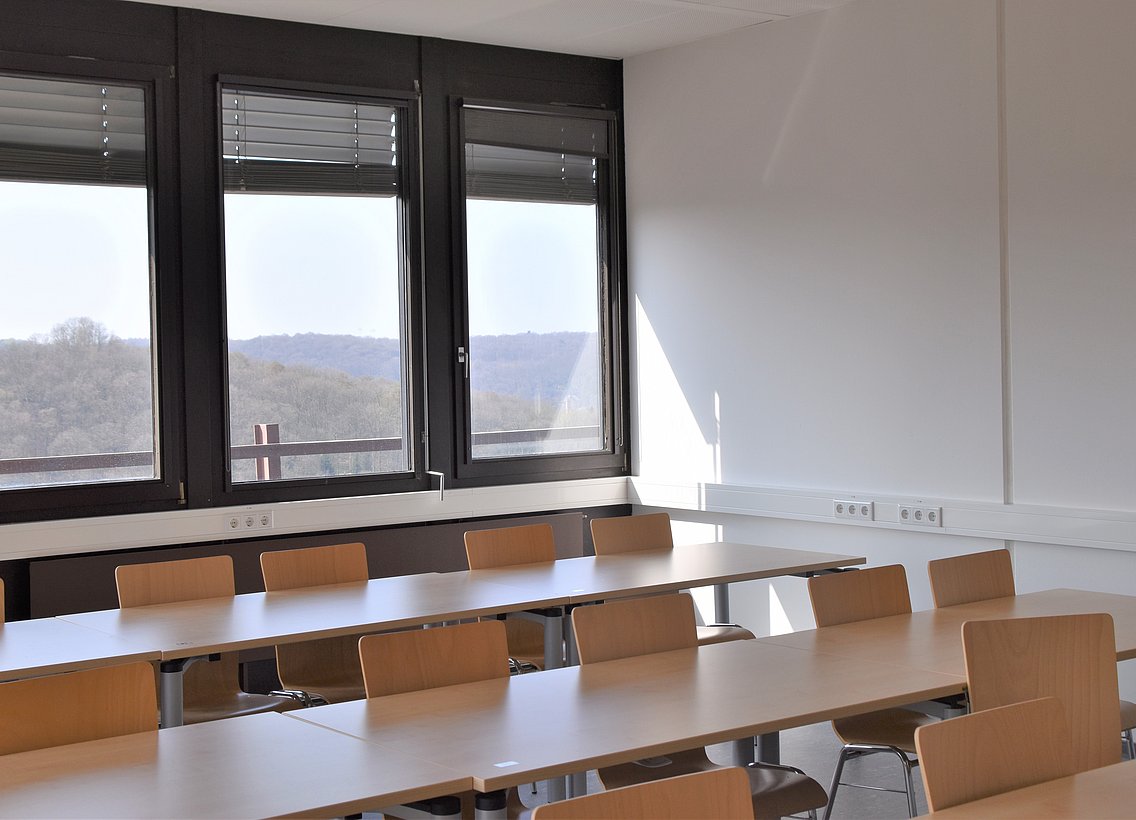Präsentation der lidA-Studie im Bundesministerium für Arbeit und Soziales
Prof. Hans Martin Hasselhorn, Dr. Melanie Ebener
7. November 2022
Title "Understanding the transition from work to retirement – the concepts retirement, healthy working life expectancy and health.”
October 24th 2022
Short description:
Retirement research is investigating the older workers’ transition from working life into retirement. Many scientific disciplines are involved in this rapidly advancing research field, each contributing with own views, research questions, research approaches and not least concepts. The aim of the webinar is to shortly present and discuss three core concepts of relevance in retirement research:
1. A conceptual framework addressing the complex labour market dynamics of the work-to-retirement process Presentation by Taina Leinonen, FIOH, Helsinki
2. Conceptualisation of healthy working life expectancy Presentation by Svetlana Solovieva, FIOH
3. The role of health in the transition from work to retirement Presentation by Hans Martin Hasselhorn, Univ. Wuppertal, Germany
Vorstellung und Diskussion von Ergebnissen des Projekts „Wandel der Arbeit und Erwerbsteilhabe“
Melanie Ebener
8. Juni 2021
Workshop für Mitarbeitende der DGUV
„Bleibst du noch oder gehst du schon?“ – Beschäftigte zwischen Arbeit und Ruhestand
Dr. Melanie Ebener & Dr. Nina Garthe
21.05.2022
The topic is: Meaning behind indicators of the subjective employment perspective of older workers.
May 9th 2022
Short description webinar: Quantitative retirement research investigating older workers and their transition into retirement is interested in the workers' anticipation of future employment. The term "subjective employment perspective" is covering subjective indicators as "preferred retirement age", "planned retirement age", "expected retirement age" and "age being able to work to". In a population, the mean preferred retirement age is usually far below statutory retirement age, while the workers plan to work longer and - on average - report to be able to work even longer. Often, these indicators are used as proxies for future real retirement age. But are they valid proxies ? Which indicator predicts real exit best? What else do the indicators tell us in retirement research?
Two experts who have worked with these indicators, i.e. Subas Neupane, Tampere University, Finland and Moritz Hess, Hochschule Niederrhein, Germany, will exchange on this topic together with participants.
1 July 2019, University of Bielefeld
Topics:
- Access to rehabilitation for people with migrant background
- Methodological challenges when analysing people with migrant background in occupational and rehabilitation studies
- Possibilities of the NAKO health study to examine migrant background and rehabilitation
- Need for rehabilitation among older workers with and without migration background
- Occupational health of migrant workers
- Standards and criteria for research on migration and health
- Health and culture – psychological aspects
Datum und Ort
27 March 2018, Haus der Universität, Düsseldorf
Veranstalter
NRW-Kompetenzcluster "Arbeitsmarktteilhabe im höheren Erwerbsalter"
(Bergische Universität Wuppertal, Heinrich-Heine-Universität Düsseldorf und Universität Duisburg-Essen)
Vorträge
Denkmodell der lidA-Studie und Fragen zur Diskussion
Erwerbsminderungsrente: Risikogruppen und (arbeitsbedingte) Risikofaktoren?
Regionale Unterschiede in Alterserwerbstätigkeit und Erwerbspräferenzen
"Erwerbsteilhabe im Alter - neue Forschungsergebnisse"
Date
July 18 - 20, 2018
Venue
House of the University, Heinrich Heine University Düsseldorf, Germany
Topics
"Work and retirement"
"Working until 67"
"Mental health"
"Rehabilitation"
"Health promotion"
Click here for more details.
Date
7-8 November 2018, University of Wuppertal
25 experts from different countries of the EU met to
• further the understanding of the concept “motivation to work” (MTW),
• improve the understanding of the role of MTW for employment participation in higher working age and
• investigate the measurement of MTW.
Date
8-9 November 2018, University of Wuppertal
With respect to health, motivation to keep working, retirement, technological innovations at work and healthy working life expectancy in the context of measuring the transition from work to retirement, the work group has the following tasks
1. Identifying and understanding the underlying concepts of the constructs above.
2. Identify shortcomings of present assessments in occupational studies
3. Developing protocols for further assessments in occupational studies
Ten experts from different countries of the EU met to discuss the concepts:
“Motivation to Work”
“Technological innovations at work”
“Retirement”
“Healthy working life expectancy, HWLE”
“Health”
15 November 2017, University of Wuppertal
Topic: Transition from work to retirement for people with migrant background
Work, age, health and employment - evidence from longitudinal studies
Date
September 19 - 21, 2016
Venue
University of Wuppertal, Germany
Conference topics
“Work and retirement”
“Work, age and health”
“Life course approaches in retirement research”
“Measuring change in longitudinal research”
“Cross-national assessments – opportunities and challenges”

